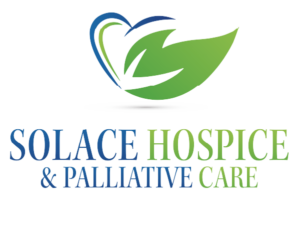
The right to choose for oneself is deeply embedded in our culture. It is one of those inalienable rights of adulthood. The courts are very cautious about infringing on that right. You don’t want to be disrespectful, either. And yet you may notice changes in your relative’s judgment that have you concerned. For instance, can he or she still make wise decisions about personal health care?
Fortunately, this is not an all or nothing proposition. If you are concerned, talk to the doctor privately. Give an example of why you are concerned so he or she can give it special attention.
Physicians typically look at four aspects of the ability to make a sound decision. Can your loved one
- understand the information? Can he or she describe the diagnosis and the treatments being suggested?
- appreciate the seriousness? Can your loved one grasp the severity of the condition and why a treatment could be helpful?
- reason? Can the person weigh the pros and cons and describe why he or she wants a particular treatment?
- express a choice? Will your relative be consistent in his or her choice during repeated discussions?
If a doctor has doubts, he or she may simply turn to you for decisions if you accompany your loved one to visits. If you can’t be at appointments, then be sure you have the paperwork in place, such as a HIPAA release, that gives the doctor permission to talk with you.
If you think your relative may be approaching an inability to make wise health care decisions, get your paperwork ducks in a row. Meet with any family attorneys and with the person named as healthcare power of attorney, if that isn’t you. Alert them to your concerns and confirm the necessary documents or “triggers” needed to activate the switch in decision makers.

